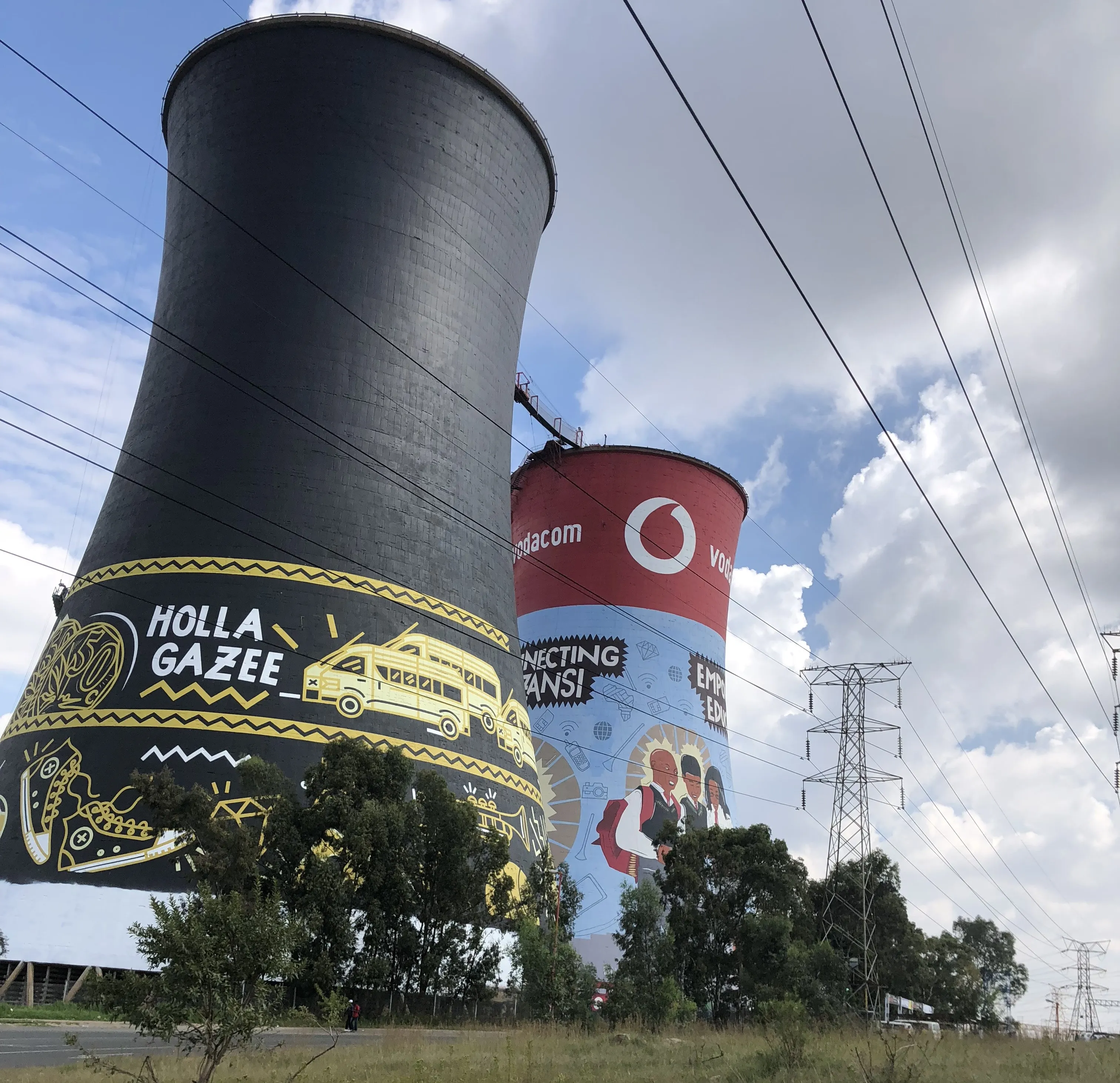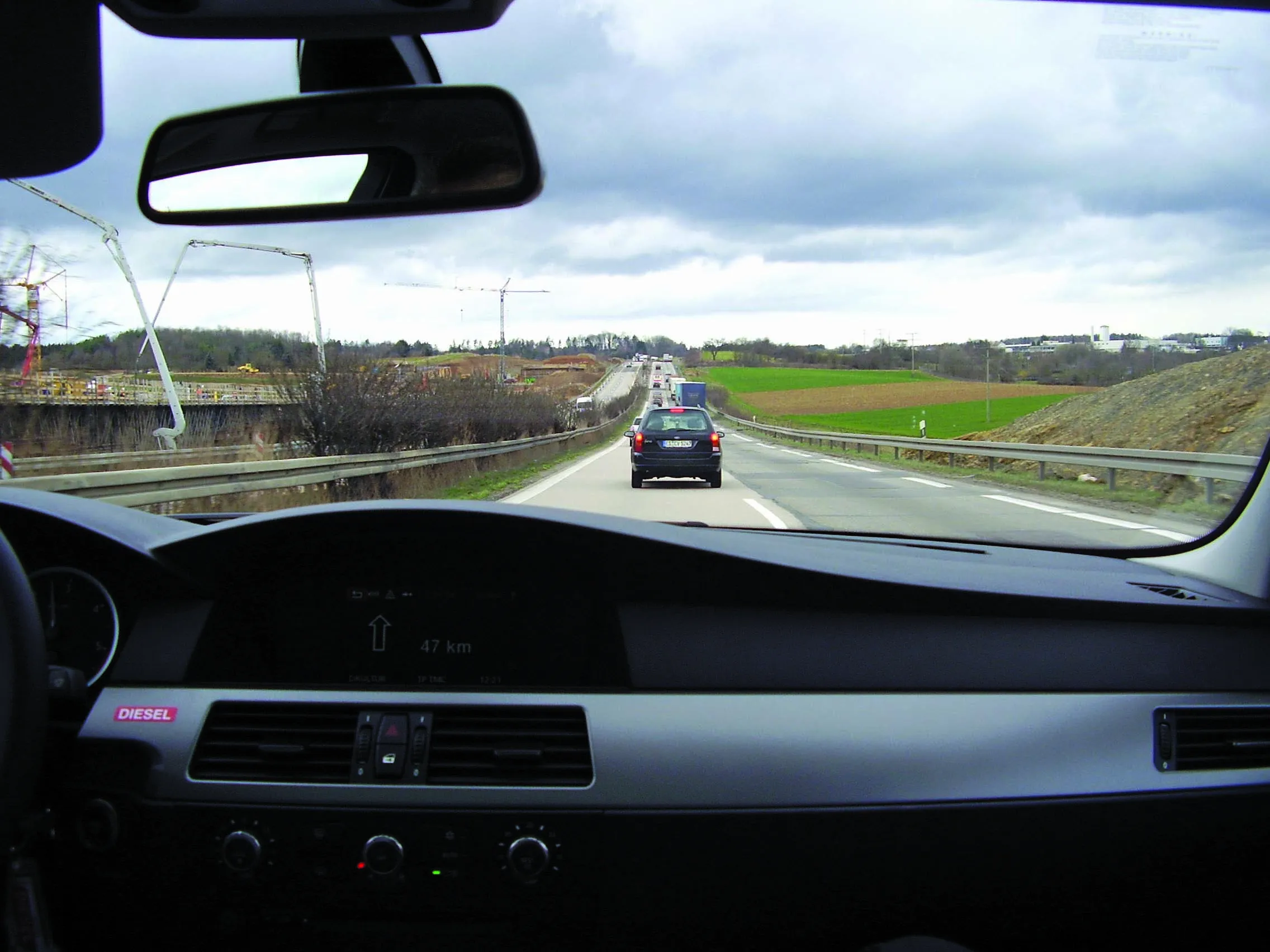The number of Montreal’s bridges and tunnels in a “critical” condition has more than doubled during the past 12 months, says a shocking new report looking at the state of the city’s transport infrastructure. The new report, which came out this month, shows that 27 of the city’s 587 highway structures reached “critical condition” in 2011 compared with only 12 in 2010.
September 3, 2012
Read time: 4 mins
The number of Montreal’s bridges and tunnels in a “critical” condition has more than doubled during the past 12 months, says a shocking new report looking at the state of the city’s transport infrastructure. The new report, which came out this month, shows that 27 of the city’s 587 highway structures reached “critical condition” in 2011 compared with only 12 in 2010.
There is no need to panic though, says Richard Deschamps, executive committee vice-president in charge of the Canadian city’s infrastructure, this does not mean that Montreal’s road system has become more dangerous. According to Deschamps, a much more frequent and intensive inspection regime is the real reason why an increased number of problems has come to light.
“Our inspection program has allowed us to have a very good understanding of the state of our structures,” he said. “That’s what allows us to act quickly.” And, in an attempt to reassure the public, he said “we do not compromise with the safety of Montrealers in any way when we talk about tunnels, bridges and roads.” The improved inspection programme will allow the city to react quickly more efficiently.
However, opposition leader Louise Harel of Vision Montreal is not convinced and she is worried that the city is spending less money as the problem grows. “The situation is getting worse and worse and we are investing less money in the next three years than was promised,” she says. “We have to sound the alarm.”
And fellow protester Richard Bergeron of6490 Projet Montréal is arguing that the city continues to invest millions of dollars in non-essential projects while allowing the road network to deteriorate.“The state of the city is disquieting to say the least,” says Bergeron. “When you use the word ‘critical,’ surely that tells you something.”
Claude Carette, city transportation director, does not agree, pointing out that the latest figures indicate an overall status quo. He noted that while 6% of the city’s structures showed deterioration, another 6% were improved. This month’s report rated 386 bridges and tunnels or 69% of the structures as “good.” This was slightly better than last year’s figure of 68%. Another 79 or 14% were rated as “deteriorating,” compared with 15% in last year’s report.
25 or 5% were rated as “deficient,” down from 8% last year, and 38 or 7% remain “mediocre.” However, the sting came when 27 or 5% were classified as “critical,” compared with 12 or 2% last year.
For Deschamps, these “ratings are simply an indication of the work that has to be done. We use them to assess what work should be done. They are not an indication of the danger to the public. We can affirm that our structures are vigorously inspected annually.”
Montreal will spend US $109 million (Can $108 million) from 2013 to 2015 on the repair of its road bridges and tunnels, with $44.5 million (Can $44 million) slated for 2013 and the rest equally divided between the next two years. This is about 30% down on last year’s spend. Deschamps says that improved management has allowed the city to reduce the expenditures. He believes that that Montreal’s taxpayers are reaching the limit of their ability to pay and therefore federal and provincial governments should kick in more money.
Deschamps said the city is seeking $555 million (Can $550) million from the provincial and federal governments to help pay for infrastructure improvements over the next 10 years. He said the city has not received any commitments from Premier Jean Charest or the other party leaders to the city’s demands. About 58% of the road structures were built prior to 1970 and decades of neglect by previous administrations has resulted in a crumbling infrastructure and high repair costs, Deschamps argues.
This autumn, Montreal will demolish the bridge on Upper Lachine Road and replace it with a land-based road. The city will also perform major repairs on the Jolicoeur Bridge in Verdun. And several structures labelled “critical” across the city have been closed down and no work is scheduled to rebuild them. These include the Wellington Tunnel under the Lachine Canal as well as the Beaudry Tunnel on Notre Dame East to the Port of Montreal. “If, after an inspection, the public is in danger then we will close the structure,” Deschamps said.
There is no need to panic though, says Richard Deschamps, executive committee vice-president in charge of the Canadian city’s infrastructure, this does not mean that Montreal’s road system has become more dangerous. According to Deschamps, a much more frequent and intensive inspection regime is the real reason why an increased number of problems has come to light.
“Our inspection program has allowed us to have a very good understanding of the state of our structures,” he said. “That’s what allows us to act quickly.” And, in an attempt to reassure the public, he said “we do not compromise with the safety of Montrealers in any way when we talk about tunnels, bridges and roads.” The improved inspection programme will allow the city to react quickly more efficiently.
However, opposition leader Louise Harel of Vision Montreal is not convinced and she is worried that the city is spending less money as the problem grows. “The situation is getting worse and worse and we are investing less money in the next three years than was promised,” she says. “We have to sound the alarm.”
And fellow protester Richard Bergeron of
Claude Carette, city transportation director, does not agree, pointing out that the latest figures indicate an overall status quo. He noted that while 6% of the city’s structures showed deterioration, another 6% were improved. This month’s report rated 386 bridges and tunnels or 69% of the structures as “good.” This was slightly better than last year’s figure of 68%. Another 79 or 14% were rated as “deteriorating,” compared with 15% in last year’s report.
25 or 5% were rated as “deficient,” down from 8% last year, and 38 or 7% remain “mediocre.” However, the sting came when 27 or 5% were classified as “critical,” compared with 12 or 2% last year.
For Deschamps, these “ratings are simply an indication of the work that has to be done. We use them to assess what work should be done. They are not an indication of the danger to the public. We can affirm that our structures are vigorously inspected annually.”
Montreal will spend US $109 million (Can $108 million) from 2013 to 2015 on the repair of its road bridges and tunnels, with $44.5 million (Can $44 million) slated for 2013 and the rest equally divided between the next two years. This is about 30% down on last year’s spend. Deschamps says that improved management has allowed the city to reduce the expenditures. He believes that that Montreal’s taxpayers are reaching the limit of their ability to pay and therefore federal and provincial governments should kick in more money.
Deschamps said the city is seeking $555 million (Can $550) million from the provincial and federal governments to help pay for infrastructure improvements over the next 10 years. He said the city has not received any commitments from Premier Jean Charest or the other party leaders to the city’s demands. About 58% of the road structures were built prior to 1970 and decades of neglect by previous administrations has resulted in a crumbling infrastructure and high repair costs, Deschamps argues.
This autumn, Montreal will demolish the bridge on Upper Lachine Road and replace it with a land-based road. The city will also perform major repairs on the Jolicoeur Bridge in Verdun. And several structures labelled “critical” across the city have been closed down and no work is scheduled to rebuild them. These include the Wellington Tunnel under the Lachine Canal as well as the Beaudry Tunnel on Notre Dame East to the Port of Montreal. “If, after an inspection, the public is in danger then we will close the structure,” Deschamps said.








